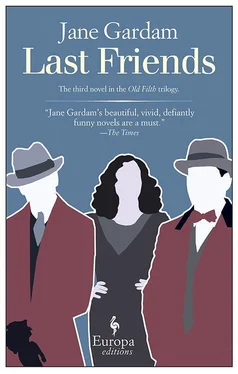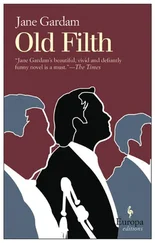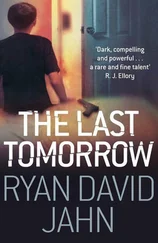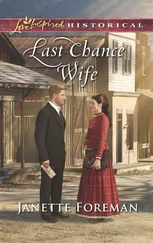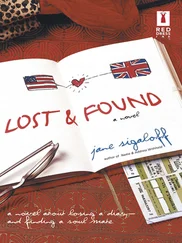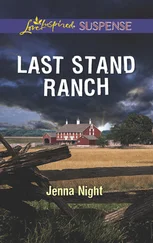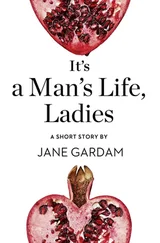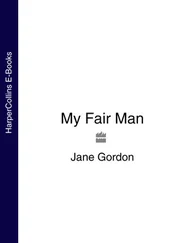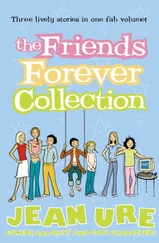* * *
She bundled Dulcie into the chaos of her own — once Veneering’s — abode above, where children’s clothes, toys, a thousand books and a thousand attic relics were scattered about the hall and her husband, Henry, was painting the walls bright yellow.
‘Hi, Dulcie,’ said he. ‘Did you know van Gogh called yellow “God’s colour”? Everything here was the colour of mud. Bitter chocolate. Well, they were farmers before Veneering. Fifty years. Well, you must have known them? Wanted the colour of the good earth inside as well as out. Hate farmers. Holes in the floor, no heating except a few rusty radiators that gurgled all night, electric fires just one red glow, worn light-fittings that blow up. And that’s after the farmers left. That was Veneering’s taste too, and he’d come direct from a sky-scraper in Hong Kong. Wasn’t a SOP — Spoiled Old Colonial — anyway, whatever he was. What was he, Dulcie? They say he was an ugly little old man bent over. With dyed hair. Dulcie, kiss me!’
‘He was my greatest friend,’ lied Dulcie, stern and angry. ‘To the end’ (another lie!) ‘he was one of the finest-looking men in the Colony’ (true). ‘Amazing white-gold, floppy hair’ (Henry’s was looking like mattress-stuffing tied back with string). ‘It wasn’t dyed. He could have been a Norwegian or one of those eastern-European people. Odessans? Slavs? He was a glorious man once. He was said to have had a mysterious father. But not dour —you know. No, no, never. He was noisy and funny and sweet to women, and he could read your thoughts. Could read your thoughts ! And a constant friend. And — do you know — we none of us had a notion of how he got to England. Or about his past.’
‘Herman says he could play the drums. And the Blues. Wonderfully. We’re finding revelations in the attics. What do you think— five rocking horses! Come and see. Take anything Dulcie.’
‘And take a glass of sherry with you?’ said Anna. ‘There’s dozens of photographs up there. A lovely boy at Eton and The Guards. Film-star looks. Very fetching. A somewhat over-the-top boy I’d say.’
Dulcie said, ‘That was the son, Harry. Killed in Northern Ireland. Doing something very mad and brave. It broke—.’ (But why tell them? All this is mine. And Betty’s.) ‘It broke his father’s heart.’
‘Yes, I thought there was something. This is a broken-hearted house,’ said the husband. ‘We’ll change it. No fears. I wish you would tell us what to do with all his jig-saws.’
‘Nobody could really get near Terry Veneering,’ said Dulcie. ‘Nobody but Betty — Elizabeth — Old Filth’s wife.’
‘Yes. We have heard about that,’ they said. ‘Just a little.’
* * *
After lunch Dulcie was put back in her car on the drive and, looking up at the house behind her, she saw that already it was losing Veneering. There was the same hideousness of shiny scarlet brick-work, the same chrome-yellow gravel and the view at the top of the drive over the miles of meadow was the same shimmering water-colour dream. But Veneering’s house was coming to life. Filth’s great stern, phallic chimney still broke the dream apart but from the inside of Veneering’s house — doors wide — now came the sound of hearty singing and the family man (Henry) with his pig-tail, exploded across the doorstep in overalls covered with paint and kicking the cat.
‘Get out!’
The cat vanished into a thicket.
‘Goodbye Dulcie. Come back soon. Come for B and B. We’re going to make our fortunes when I’ve finished painting this place. Cat in the paint tins. Paws no doubt permanently damaged. Colour “Forsythia” like the bush. Horrible colour. Like urine, I always think, but the staircase seems happy with it. We are all going to be, like it tells us in the prayer Book, “in perpetual light”. I’m never sure about wanting that, are you? Tiring. “Perpetual light”.’
‘Goodbye,’ said Dulcie. (They are very self-confident, these people, for new-comers to the village.) ‘And thank you very much.’ (But you can discuss things with them and they’re not senile.) ‘By the way, I may not see you for a while. I am thinking of going on a cruise.’ (What? Am I?)
Through the driving mirror as she went off towards the road to her own Privilege Hall she saw them standing side by side, non-plussed. She waved a hand at them out of the car window and laughed. With her back to them, they could not see the imprisoned girl in her.
Oh, this is not such a bad little place, she thought. Donhead St. Ague. It hasn’t always been boring like now. It’s the cooling of the blood.
The cat rushed out from somewhere and under the car and into the scrub behind the bed-and-breakfast crucifix, and then dashed across the lane. As Dulcie turned towards home she saw it watching her, haughty and yellow-pawed in the bushes.
* * *
But it’s true, she thought, nobody really knows a thing about another’s past. Why should we? Different worlds we all inhabit from the womb.
Old Filth, Terry Veneering, Fred Fiscal-Smith. Two accounted for, life completed.
And in the shadows, like a little enigmatic scarecrow, Fiscal-Smith, born to be a background figure.
Fred Smith, has lived his life-time in the same lonely Yorkshire landscape — what happened to him? Each day, he saw to his mother, who was an invalid and almost always in bed, getting himself to and from school from a bus-stop down in Yarm. His father (its headmaster) left the house at six A.M. often to walk with his bike to the school along the shore. A splendid headmaster but a cold father.
But Fred? After his success at secondary school and evening classes, and the deaths of both parents, silence.
Fred Fiscal-Smith is a qualified lawyer living alone.
* * *
Scene I: Lone Hall, Yarm, North Yorkshire.
Set : A room, upper floor of large tumbledown, scarcely furnished house where, at a window overlooking the sea a young man FRED sits upright at a desk, back to audience, writing a letter. The wide window he faces shows huge extent of racing sky.
Hour : just before sunset.
Month : October.
Year: Say, 1955
*
Stretching below are the great Chemical Works of the North East, a thousand narrow chimneys each one crowned with an individual flame. They stretch from the estuary of the busy river Tees and include the remains of the old fishing village of Herringfleet.
Pan to a dreary jerry-built town built over bomb damage of twenty years before. Trees that once marched along the ridge of the Cleveland Hills are limp and dying and stand out black and tattered, reminders of an ancient domain. Only the sea survives un-changed. It frames the shore of the flat and sorrowful landscape. It swings out. Swings in. For the letter-writer it is silent, and distant.
Figure at desk (Fred Fiscal-Smith) is writing a letter with a fountain pen (ink, Swan. Blue-Black). As he writes light is slowly fading from the sky which by the end of the scene has left darkness outside and the windows a splash of black light. Lights have begun to show across the estuary. A little flat, waltzing blue flame tops each of the forest of chimneys.
The smell of the chemicals rolls across the land and more disgustingly as night falls. Letter-writer holds handkerchief to his face. (Handkerchief white cotton. Large and clean. Marks & Spencer.)
Letter Lone Hall
To Terence Veneering M.A. Oxon. Herringfleet
Yarm
North Yorkshire
My dear Terry,
This is a letter of congratulation on the news I see in today’s Times : that you have passed out top in the Bar Finals Examinations and are henceforth to be revered as the best-qualified lawyer in England and life member of the Inner Temple.
Читать дальше
